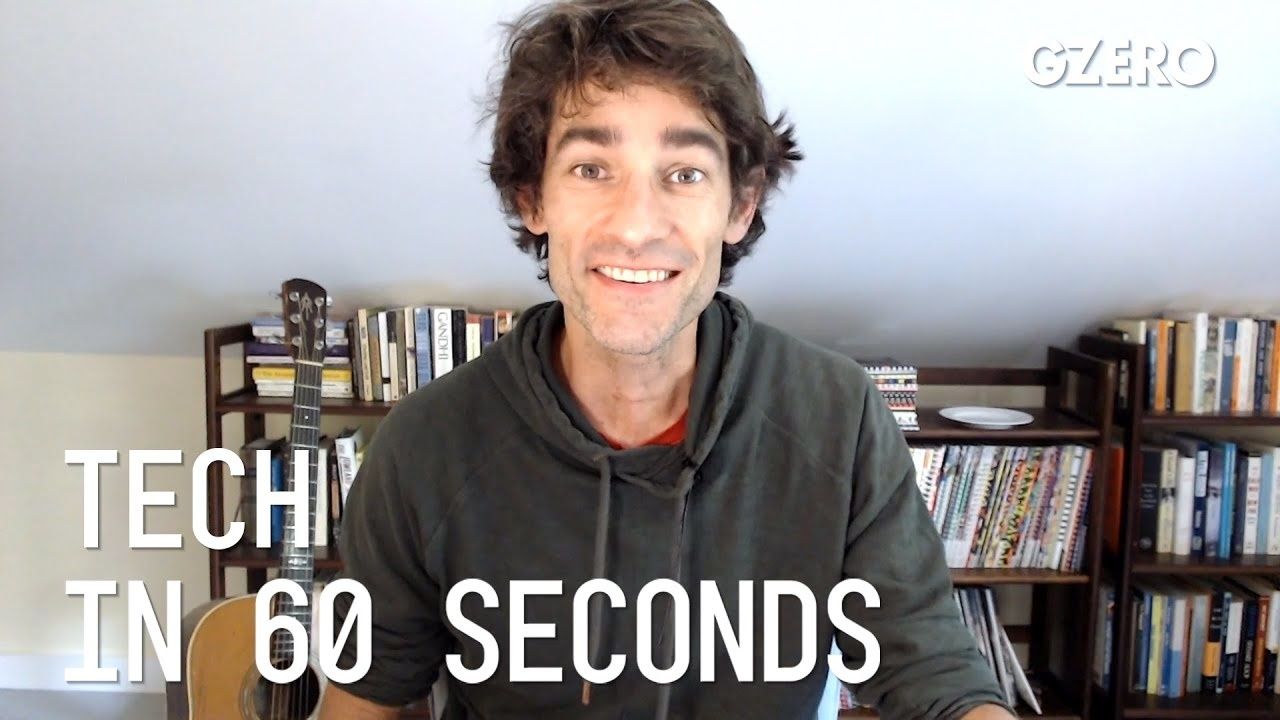Can Facebook's algorithm remove hate speech? Meltdown-proof nuclear reactors

Nicholas Thompson, editor-in-chief of WIRED, discusses technology industry news today:
Do some of the Facebook's best features, like the newsfeed algorithm or groups, make removing hate speech from the platform impossible?
No, they do not. But what they do do is make it a lot easier for hate speech to spread. A fundamental problem with Facebook are the incentives in the newsfeed algorithm and the structure of groups make it harder for Facebook to remove hate speech.
In general, have tech companies become more or less wary of the Trump administration in recent months?
Vastly less wary. I think that's partly because they think Trump might lose, so they're less worried about retaliation. Also their employees are very mad.
Do you really believe that a meltdown-proof nuclear reactor is possible?
No, but I am excited about the future of small nuclear reactors that have anti-meltdown technology built into each little grain of uranium.
When are you joining Parler?
Parler is the free speech, social media alternative. And I am already on it. I joined it a few days ago.